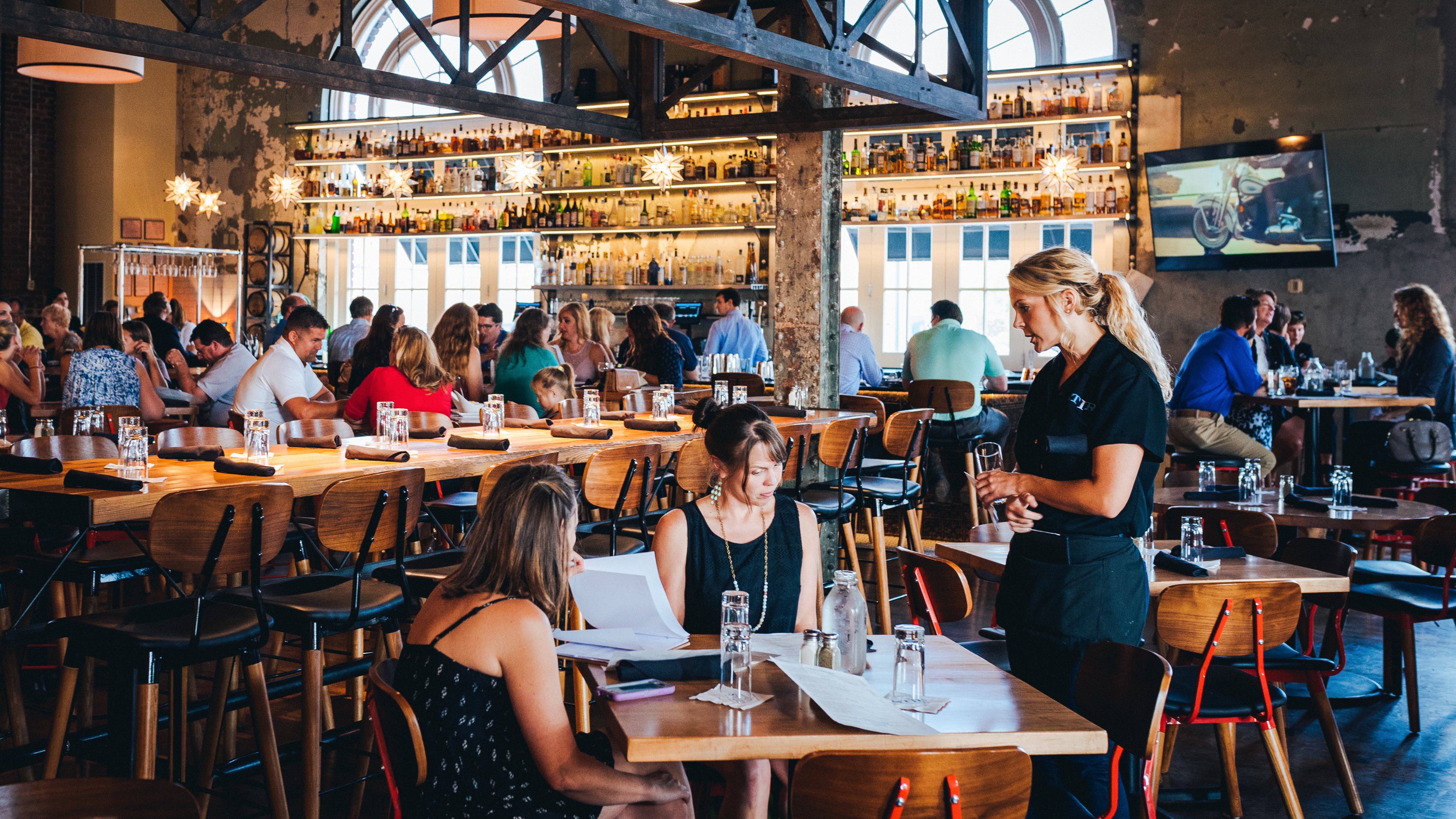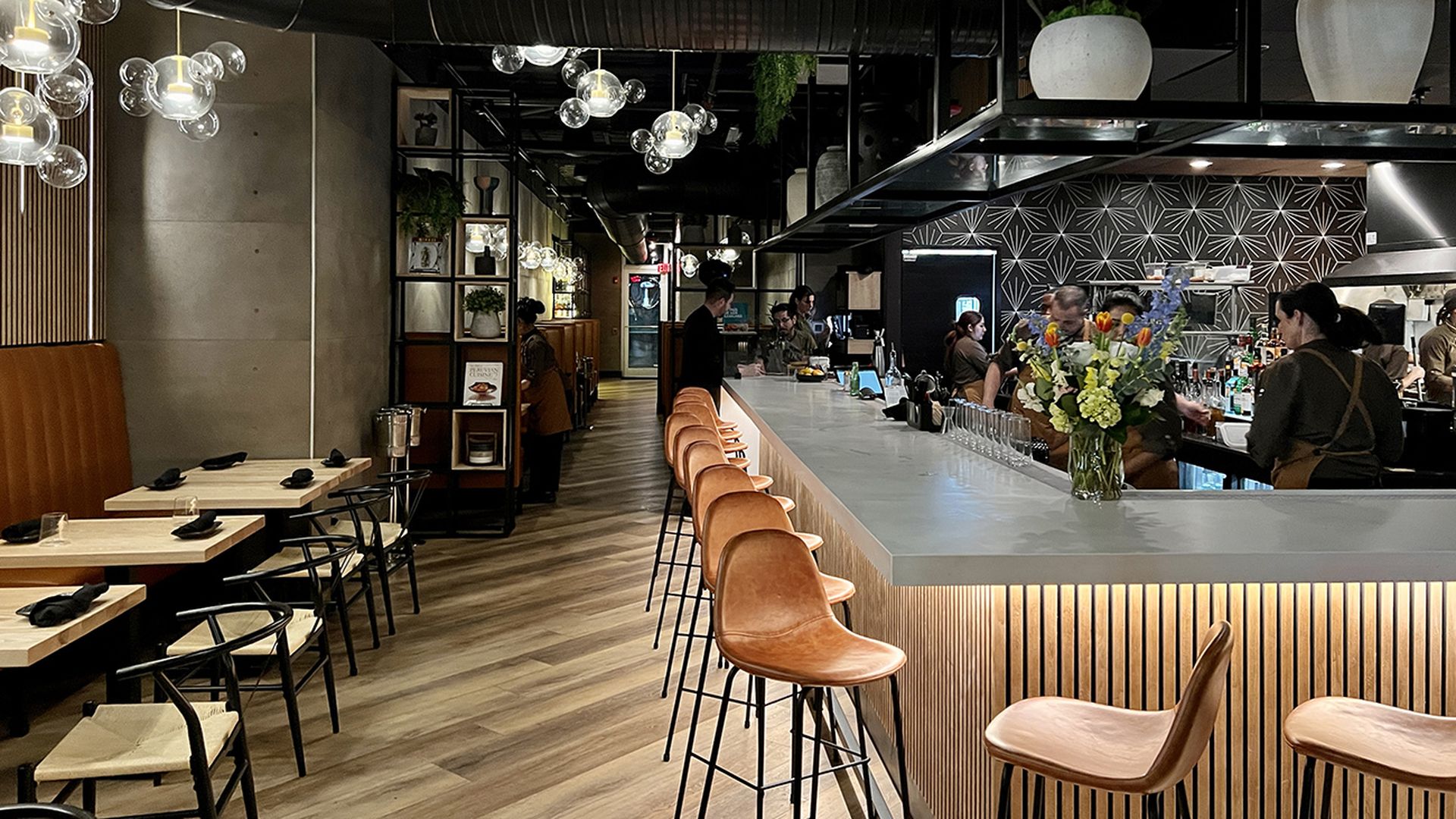A guide to the best-loved restaurants Lockhart for a memorable meal.
A guide to the best-loved restaurants Lockhart for a memorable meal.
Blog Article
Why Eating at Regional Restaurants Sustains Your Neighborhood and Delights Your Palate
Dining at regional dining establishments provides greater than just a meal; it functions as an important element in supporting neighborhood vigor and economic strength. By purchasing from these facilities, people not just enjoy diverse cooking experiences yet additionally contribute to neighborhood job development and the support of regional farmers. This symbiotic partnership fosters an abundant tapestry of tastes that mirrors local society and heritage. Yet, the implications of such options expand far beyond home plate, welcoming us to take into consideration how our eating practices form the communities we populate. What might this indicate for the future of local eating and community connection?
Economic Effect of Regional Eating

The economic impact of local dining extends far past the dining establishment itself, affecting a wide variety of sectors within the area. Local dining establishments play a pivotal role in promoting economic growth by creating jobs, supporting neighborhood suppliers, and contributing to municipal revenues. When customers choose to dine at local establishments, they aid receive work for cooks, web servers, and maintenance staff, thus boosting the regional task market.
Additionally, regional restaurants typically source ingredients from nearby ranches and manufacturers, fostering a robust supply chain that benefits various farming markets. This method not only supports regional economies but additionally encourages lasting farming techniques. In addition, the sales tax obligation generated from these dining establishments contributes to important civil services, such as education and learning and facilities, which further boosts community top quality of life.
Additionally, local eating facilities typically foster a feeling of community, drawing in locals and site visitors alike, which can result in raised foot web traffic in surrounding companies. This interconnectivity amongst local ventures enhances financial strength, developing a dynamic and lasting community ecological community. Essentially, the support of regional eating is an investment in the wider economic health of the location, advertising growth and sustainability for future generations.
Special Cooking Experiences

Furthermore, many neighborhood establishments accept farm-to-table techniques, highlighting the importance of seasonal produce. Restaurants can appreciate the freshness of active ingredients sourced from close-by ranches, which not just enhances flavor however also promotes a link to the local landscape. This commitment to high quality and region establishes the stage for distinct cooking experiences that are typically missing in chain restaurants.
Moreover, regional chefs frequently trying out blend food, mixing varied culinary customs to produce interesting new dishes. Such development not only tantalizes the taste buds however also motivates adventurous eating, inviting clients to broaden their cooking horizons. Involving with neighborhood dining establishments permits diners to appreciate meals that are not nearly sustenance, but about the artistry and enthusiasm that specify the culinary world, making every dining experience absolutely distinct and wonderful.
Fortifying Community Bonds
Dining at local dining establishments plays a crucial role in reinforcing area bonds by cultivating connections amongst residents. These establishments serve as essential meeting place where people can participate in purposeful discussions, share experiences, and develop enduring memories. As patrons frequent the exact same local spots, they cultivate a feeling of familiarity and friendship, strengthening social ties within the neighborhood.
Furthermore, regional dining establishments usually reflect the unique social textile of their neighborhoods, showcasing local customs and culinary heritage. This event of local culture not just boosts area identity however likewise encourages homeowners to take pride in their environments. By getting involved in the neighborhood eating scene, people add to a common narrative that binds them together.
Neighborhood events held at dining use this link establishments, such as open mic nights, fundraising events, or food celebrations, further improve these connections. They supply opportunities for collaboration and involvement among diverse groups, fostering inclusivity and understanding. As residents collect to support neighborhood organizations, they at the same time support one another, developing an interconnected network that strengthens the community's resilience.
In significance, eating at regional restaurants is not simply about food; it is an enhancing experience that read fortifies neighborhood bonds and grows a lively, united neighborhood culture.
Sustaining Neighborhood Farmers and Manufacturers

This technique lowers transport expenses and exhausts, advertising ecological sustainability while also enhancing the flavor and quality of the meals offered. Seasonal food selections, which highlight neighborhood produce, enable dining establishments to provide one-of-a-kind culinary experiences that reflect the area's agricultural bounty.
In addition, supporting local farmers helps preserve typical farming practices and encourages biodiversity. It encourages small manufacturers, allowing them to prosper in a progressively industrialized food system. As regional dining establishments select to partner with these farmers, they assist preserve a lively farming neighborhood, ensuring that neighborhood food systems stay resilient.
Essentially, dining at neighborhood restaurants is not just about delighting in a dish; it is an investment in the local economic situation and an affirmation of sustainable practices. By selecting neighborhood, restaurants play an essential role in supporting their neighborhoods and supporting the hardworking individuals who grow their food.
Protecting Regional Society and Heritage
Rooted in the customs of their areas, regional dining establishments act as crucial custodians of social heritage. By showcasing local components and traditional cooking techniques, these establishments preserve the distinctive tastes and culinary practices that specify local identity. Each meal tells a tale, showing historical impacts and cultural stories that have shaped the community over generations.
Additionally, neighborhood restaurants frequently promote classic dishes passed down via households, making certain that one-of-a-kind cultural techniques live. This not just informs patrons regarding the area's heritage but also fosters a feeling of pride and belonging among homeowners. The atmosphere, decor, and also songs in these important site establishments usually echo the regional society, providing an all natural experience that transcends simple eating.
In addition, local restaurants contribute to the conservation of language and languages, as food selections and conversations typically include local vernacular. By getting involved in area events and celebrations, these dining establishments strengthen social bonds and promote social exchange. In significance, eating at local dining establishments is not just a culinary experience; it is an opportunity to engage with and support the rich tapestry of local culture and heritage, ensuring its continuity for future generations.
Final Thought

Report this page